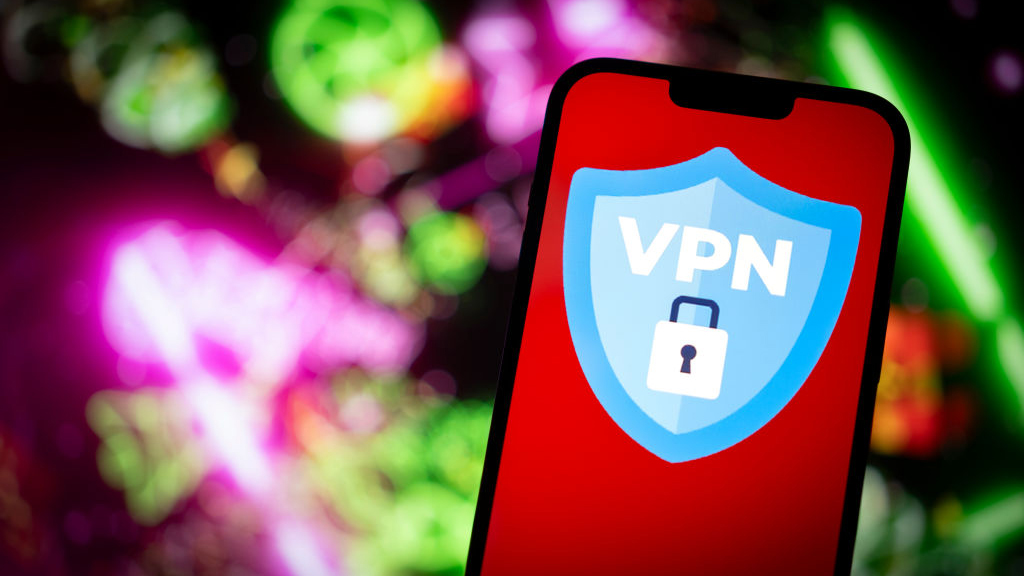The VPN purge from Russian official app shops continues, with smaller suppliers changing into the brand new goal after Apple and Google.
Between Might 15 and 16, 2025, Samsung and Xiaomi each eliminated the AdGuard VPN software on the Roskomnadzor’s demand. Not less than another VPN supplier, HideMyName VPN, has additionally been faraway from the Huawei Retailer in Russia and China – a Russian VPN digital rights group, VPN Guild, confirmed to TechRadar.
“The removing of VPN apps from app shops marks a clear escalation in Russia’s crackdown on digital privacy instruments,” mentioned VPN Guild Chair Alexey Kozliuk.
Not an remoted incident

The recent occasions, Kozliuk explains, aren’t remoted incidents, however a part of a broader, ongoing marketing campaign to dam Russian residents’ entry to uncensored info and management web use.
In October 2023, for instance, HideMyName filed the first-ever lawsuit against the Kremlin’s notorious censorship physique regulator Roskomnadzor. In January 2024, authorities deemed the VPN supplier to be a “international agent.”
In March 2024, the federal government then handed a brand new legislation to criminalize the unfold of details about methods to bypass web restrictions. That is seemingly the authorized foundation upon which the Russian censor physique started issuing these removing calls for to tech corporations.
From July 2024 onwards, Apple has eliminated not less than 60 VPN apps, together with AdGuard VPN, a well-liked Russian service, and Amnezia VPN, alongside a number of the greatest VPN companies on the market. This introduced the overall toll to virtually 100 VPN apps unavailable in Russia’s App Retailer.
Whereas Google appears largely resistant to those calls for to date, recent knowledge exhibits that not less than 53 VPNs are additionally at present unavailable in the Google Play Retailer in Russia.
Now, authorities’ targets have additionally expanded in direction of smaller app retailer suppliers.
“We’re seeing a coordinated squeeze throughout platforms, limiting customers’ means to bypass restrictions,” mentioned Kozliuk. “What’s particularly regarding is the rising function of worldwide tech firms in implementing native censorship, whether or not beneath direct state strain or as preemptive compliance.”
GreatFire’s Marketing campaign and Advocacy Director, Benjamin Ismail, additionally shared the identical considerations. By way of the group’s undertaking AppCensorship, Ismail and the crew have been busy monitoring a staggering improve in these VPN removals throughout each Apple and Google’s official app shops.
Whereas it is the primary time Ismail has heard of such an incident involving Samsung’s Galaxy App Retailer, he informed TechRadar that a much smaller supplier (F-Droid) was additionally hit by an analogous request in 2024.
Based on Ismail, this may increasingly imply that Roskomnadzor has understood that it could actually strive its luck to place strain on tech distributors. “Smaller suppliers could battle extra to withstand these calls for because the prospect of changing into totally unavailable in Russia may be a difficulty for these platforms,” he added.
VPNs will stay a vital line of protection for digital freedom
Alexey Kozliuk, VPN Guild Chair
That is precisely why experts have lengthy argued that Massive Tech giants, which have the means and assets, ought to uphold their customers’ human rights and problem the Kremlin’s censorship requests.
Commenting on this level, Kozliuk from the VPN Guild mentioned: “This underscores the pressing want to present customers extra management and make them much less reliant on centralized platforms and app ecosystems, in addition to the necessity for stronger worldwide advocacy to carry tech platforms accountable.
“As political tensions rise, particularly round elections or protests, these crackdowns will seemingly intensify – and VPNs will stay a vital line of protection for digital freedom.”









